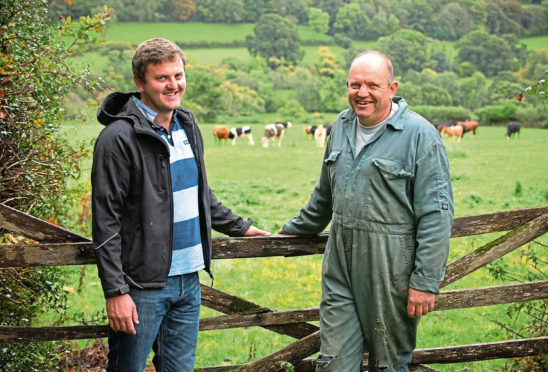Retirement will never be on the cards for around a fifth of farmers surveyed for a study of the industry’s attitude to stepping back from working life.
Just under 700 farmers across Scotland, England, Wales and Northern Ireland took part in the research by Exeter University and NFU Mutual which found only 19% plan on fully retiring and over a quarter have not even discussed the subject with anyone.
The study also found that almost half of those who did plan to retire or semi-retire would only do so after the age of 70, and 18% of farmers had not made financial plans for life after work.
Lead researcher Professor Matt Lobley said there was much greater awareness of succession as an issue facing UK agriculture than there was 10 to 15 years ago.
“But there is still a very pronounced need to move beyond the awareness stage to actually encourage planning,” he said.
“That struck me as something the industry desperately needs to address.”
The research showed that the smaller the farm, the less likely the farmer was to retire, with 44% of those who had farms of less than 20 hectares in size expecting to never retire, compared to 11.1% of those with farms over 200 hectares. The likelihood of discussing plans with children also increased with farm size.
A third of farmers over 65 had identified a successor who was 35 years or older, but Professor Lobley said there was not much evidence the farmers were delegating or sharing decision-making.
He said: “Farmers hang on to the chequebook into their 70s and you meet farmers in their 50s who have never signed a cheque before.
“You have to gradually share decision-making, so when the successor finally gets to run the farm as a business, they’re not thrown into the deep end.
“I try to tell farmers you can get rid of those parts of the job you don’t like, such as paperwork, or getting up at 4am for milking and stay involved in the things you do like.”
However Professor Lobley predicted technological innovation in agriculture would be key to enticing the next generation of farmers to the industry.
He said: “Given all the challenges facing UK agriculture, we need that next generation of business leaders coming through.
“The future is going to be very different but that technological change can help speed up the transfer between the generations.”
